Virgin Olive Oil: Weighing the Advantages and Disadvantages Outline Of Article
Extra virgin olive oil, often referred to as “liquid gold,” has been a staple in kitchens and health regimens for centuries. Its rich flavor, versatility, and purported health benefits have made it a favorite among chefs and home cooks alike. Let’s take a balanced look at the advantages and disadvantages of extra virgin olive oil.
Advantages:
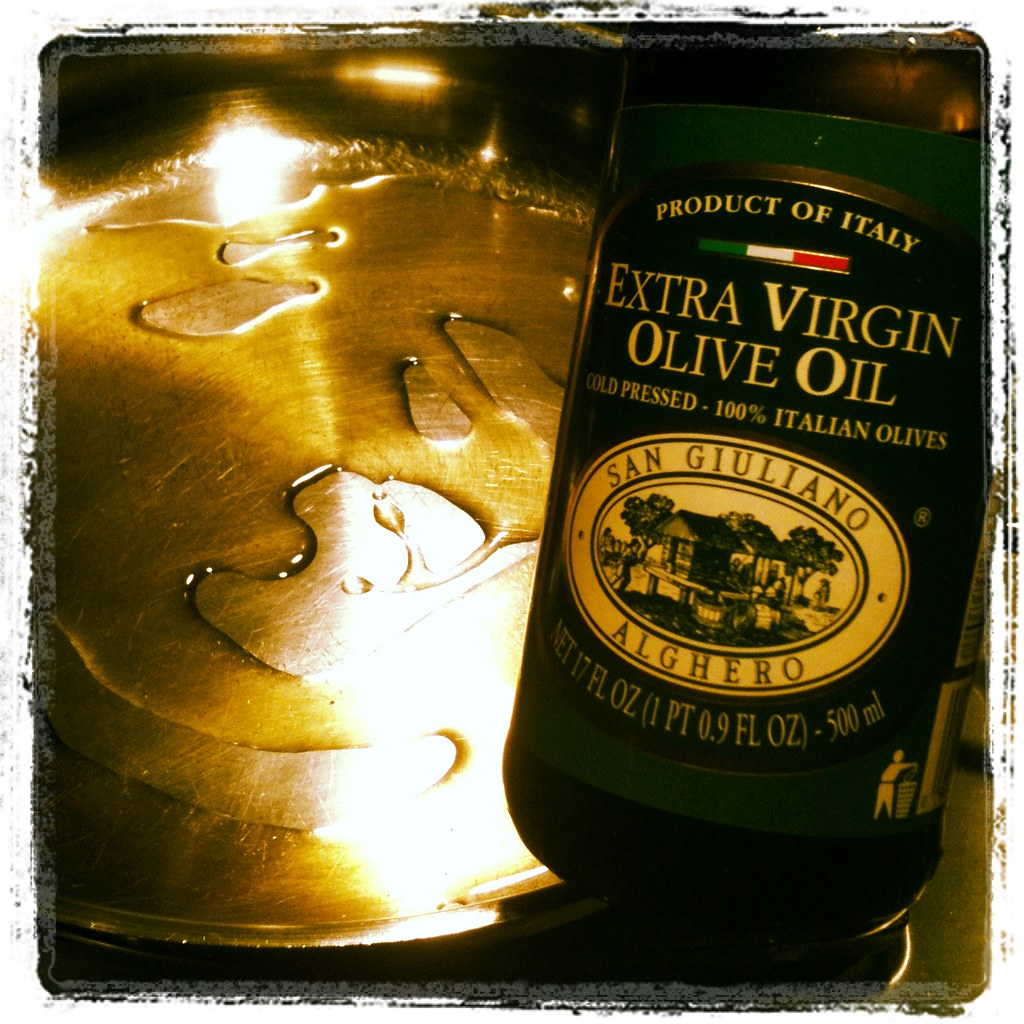 Health Benefits: Extra virgin olive oil is packed with healthy fats, particularly monounsaturated fatty acids (MUFAs) like oleic acid. These fats have been linked to numerous health benefits, including reducing the risk of heart disease, stroke, and type 2 diabetes. Additionally, it’s a good source of antioxidants, which help fight free radical damage and protect against chronic diseases.
Health Benefits: Extra virgin olive oil is packed with healthy fats, particularly monounsaturated fatty acids (MUFAs) like oleic acid. These fats have been linked to numerous health benefits, including reducing the risk of heart disease, stroke, and type 2 diabetes. Additionally, it’s a good source of antioxidants, which help fight free radical damage and protect against chronic diseases.
Delicious Flavor: Extra virgin olive oil adds a distinctive depth of flavor to various dishes, from salads and drizzled vegetables to pasta sauces and marinades. Its peppery or grassy notes can enhance the taste of simple ingredients and elevate everyday meals.
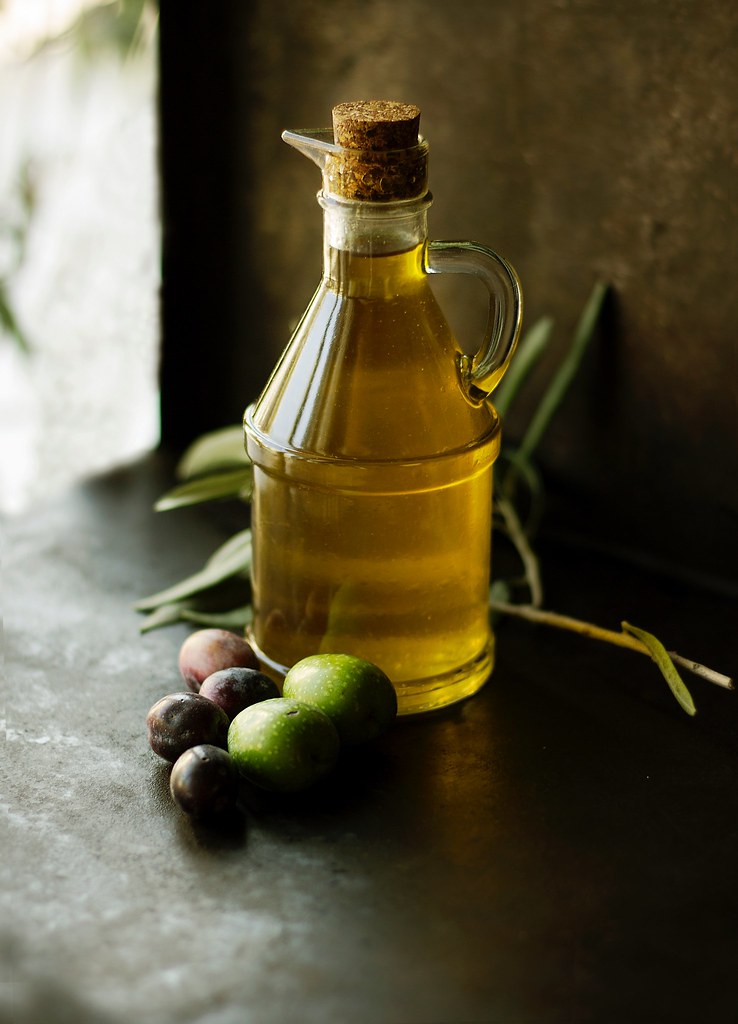
Versatility: Extra virgin olive oil’s smoke point, the temperature at which it starts to burn, is moderate, making it suitable for various cooking methods like sauteing, pan-frying, and even baking. It can also be enjoyed raw on salads, bread, or as a dip for vegetables.
Disadvantages:

High Cost: Compared to other oils, extra virgin olive oil can be significantly more expensive due to its limited production and labor-intensive extraction process. Additionally, recent factors like droughts and increased demand have further driven up prices.
Counterfeiting: Unfortunately, olive oil fraud is a real concern. Some cheaper oils might be blended with or even completely replaced by other oils, compromising the quality and health benefits of the product. Be vigilant and choose reputable brands with certifications like the International Olive Council (IOC) or Protected Designation of Origin (PDO) to ensure authenticity.
Smoke Point Limitations: While suitable for moderate-heat cooking, extra virgin olive oil shouldn’t be used for high-heat frying or deep-frying. Its smoke point is lower than other oils like canola or avocado oil, which can burn and produce harmful compounds at high temperatures.
So, what’s the verdict?
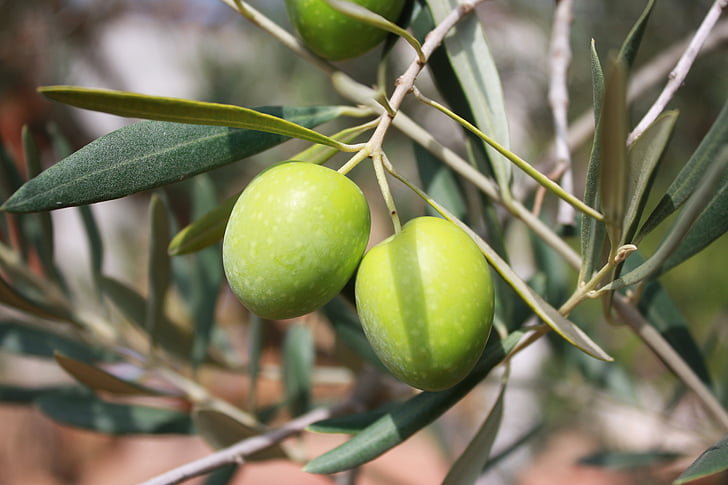
Extra virgin olive oil offers a unique combination of flavor, health benefits, and versatility, making it a valuable addition to any kitchen. However, its high cost and risk of counterfeiting require careful consideration and informed choices. By understanding both its advantages and disadvantages, you can make smart decisions about when and how to use this “liquid gold” in your cooking.
Ultimately, whether extra virgin olive oil is worth the splurge depends on your individual priorities and budget. If you value its health benefits and distinctive taste and are willing to pay a premium, it can be a worthwhile investment. However, if cost is a major concern, consider using alternative oils for high-heat cooking and opting for extra virgin olive oil for finishing dishes or enjoying raw.
Remember, a balanced and informed approach is key to maximizing the benefits of this culinary treasure while avoiding its potential drawbacks. So, drizzle away, but do so with a discerning palate and a conscious mind!

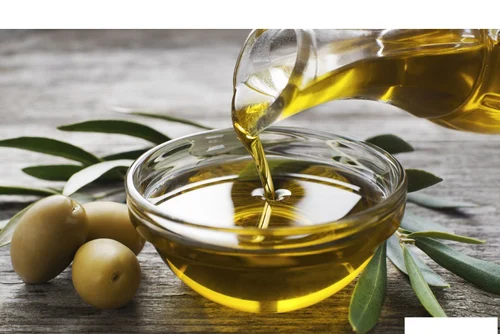
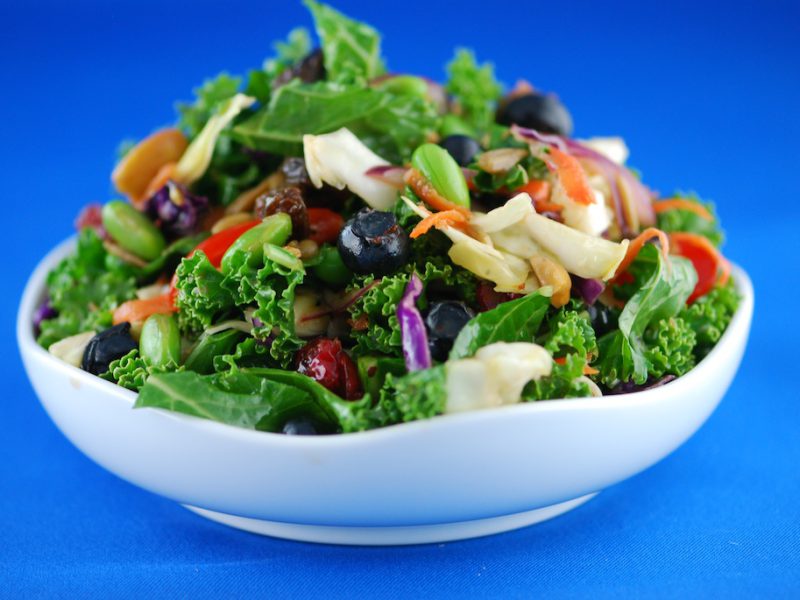



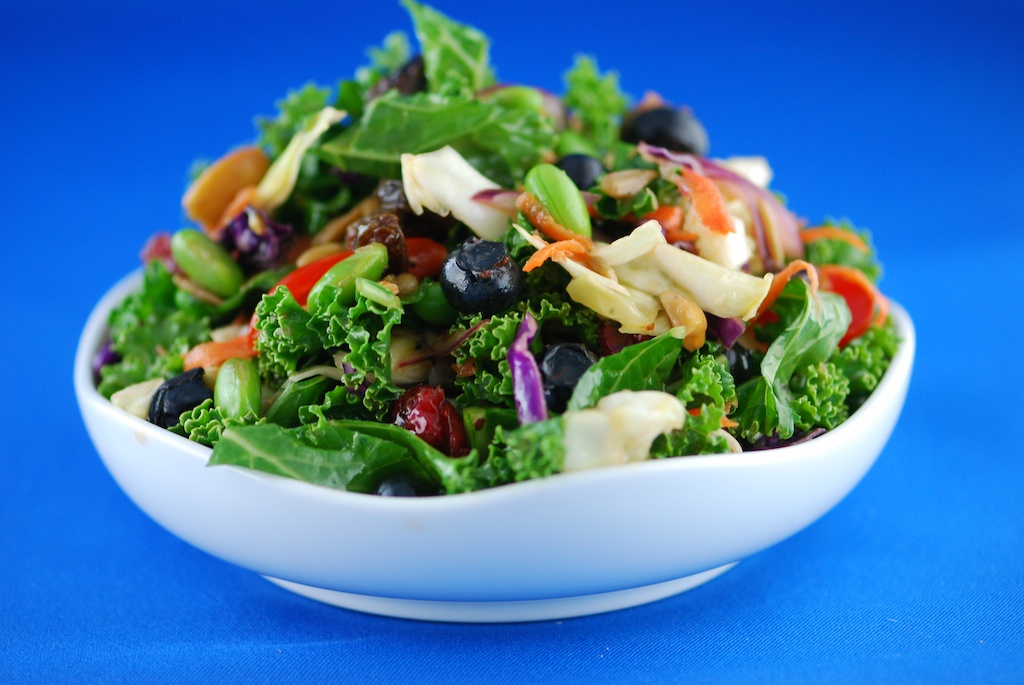

I like the efforts you have put in this, regards for all the great content.